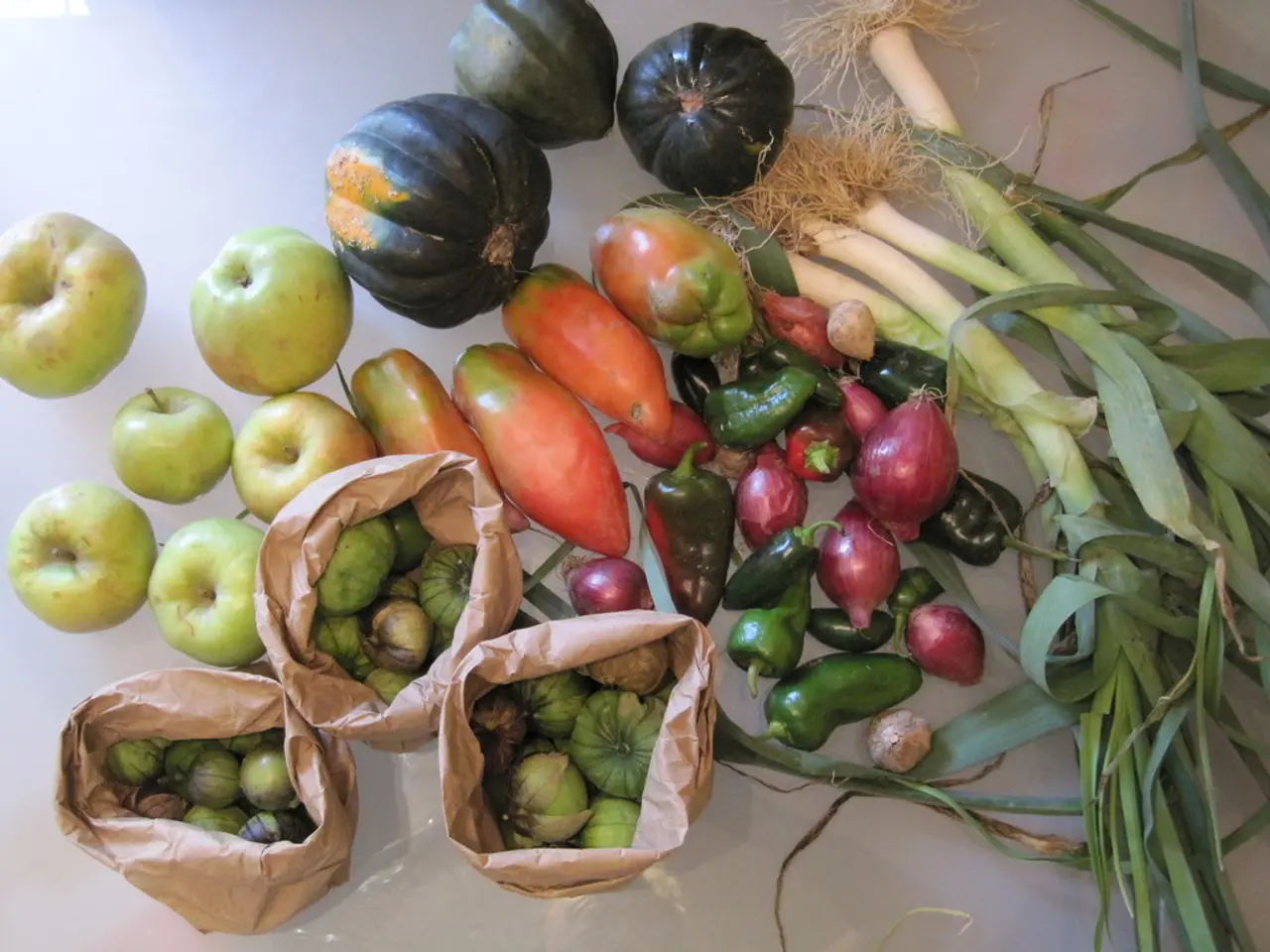Backyard Composting Methods Suitable for Compact Spaces
In the quest for a greener and more sustainable lifestyle, DIY composting has emerged as an effective solution for both small garden enthusiasts and environmentalists. This practice, which involves recycling organic waste into rich soil for plants, offers numerous benefits for both gardens and the environment.
For small gardens, composting provides a nutrient-rich soil that enhances soil structure and fertility, supporting healthy plant growth and reducing the need for chemical fertilizers. Compost also improves soil retention, making it easier to maintain garden health during dry spells. Furthermore, by creating a diverse and nutrient-rich soil environment, composting supports biodiversity, which is crucial for maintaining a balanced garden ecosystem.
Environmentally, composting plays a significant role in waste reduction. By composting kitchen waste, the amount of organic waste sent to landfills is significantly reduced, thereby minimizing the production of methane, a potent greenhouse gas. This practice also conserves energy used in waste collection and fertilizer production, and lowers carbon footprint by reducing the need for garbage trucks and landfill methane emissions.
Successful composting, particularly in vermicomposting, relies on a balance of greens (rich in nitrogen) and browns (providing carbon). A good ratio is about 2:1. Greens include kitchen scraps such as fruit peels, vegetable trimmings, and coffee grounds, while browns consist of dried leaves, shredded newspaper, and cardboard.
Vermicomposting, a method that uses worms to break down organic waste into nutrient-rich compost, is suitable for small spaces. Red wigglers are the preferred worm species for this process. To expedite the composting process and add air, it's advisable to turn the compost every few weeks.
Composting bins designed for small spaces include tumbler bins, worm bins, and Bokashi bins. To maintain the moisture level in a vermicomposting bin, it's essential to keep it covered and ensure it feels like a damp sponge. Avoiding the addition of meat and dairy in vermicomposting helps prevent pests and odor issues.
In conclusion, DIY composting using kitchen waste is a simple yet effective way to enhance garden health while contributing to a more sustainable environment. By reducing waste, improving soil quality, saving money on fertilizers, and encouraging healthy plants, composting offers numerous benefits for small gardens. Meanwhile, by conserving energy and resources, lowering carbon footprint, and supporting biodiversity, composting plays a significant role in environmental sustainability.
In the small home-and-garden setting, composting from kitchen scraps like fruit peels and vegetable trimmings can provide a high-quality soil for plants by enhancing soil structure and fertility. This gardening practice, achieved through a balance of greens and browns, promotes a sustainable lifestyle by reducing waste and conserving energy.




